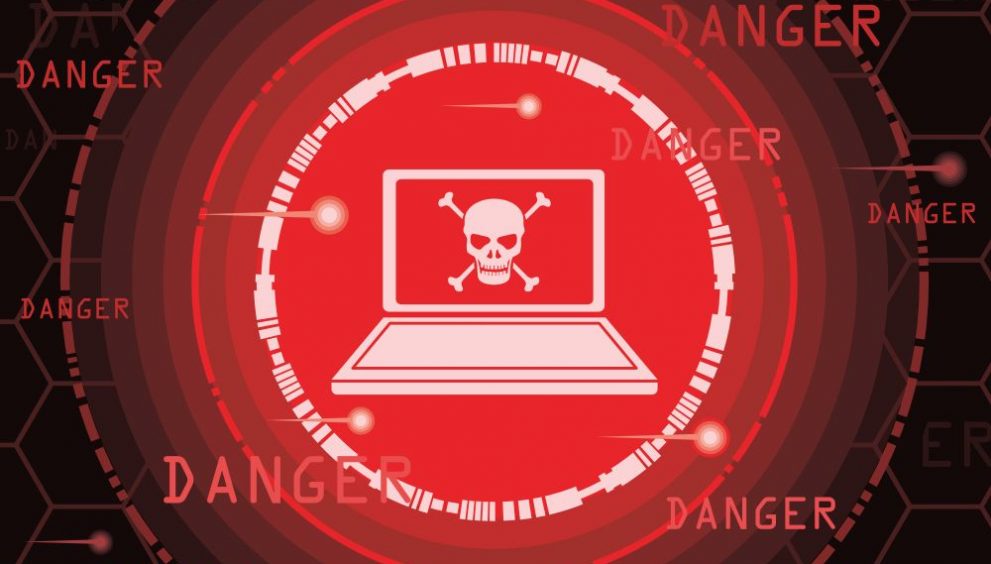In the face of ever-evolving cyber threats, ensuring the security of your devices is more crucial than ever. Virus scanners play a vital role in this battle against malicious software. As a cornerstone of cybersecurity, these tools work tirelessly to detect, prevent, and eliminate threats that can compromise your data and system integrity. In this blog, we’ll explore what a virus scanner definition entails, how it functions, and why it’s an indispensable component of your digital defense arsenal.
What is a virus scanner?
A virus scanner, also known as an antivirus program or malware scanner, is a software application designed to identify, block, and remove malicious code from your devices. Its primary function is to safeguard your system against various types of malware, including viruses, worms, Trojans, ransomware, and spyware. By constantly monitoring your device for suspicious activities and comparing files against a database of known threats, a virus detector acts as a vigilant guardian of your digital well-being.
Here are some common types of virus scanners:
- Signature-based: Compares files against a database of known malware signatures
- Heuristic-based: Analyzes code behavior to identify potential threats
- Cloud-based: Utilizes remote servers to scan files and update threat databases
Related read: Is Free Antivirus Software Good Enough? Why Should I Invest in Paid Antivirus?
How Virus Scanners Work
At the core of a virus scanner’s functionality lies a multi-faceted approach to threat detection:
- Signature-based detection: The scanner maintains an extensive database of known malware signatures. It compares files on your device against this database to identify matches and flag them as potential threats.
- Heuristic analysis: Beyond signature-based detection, advanced scanners employ heuristic techniques to identify suspicious behavior or code patterns that resemble malware. This allows them to detect new or modified threats that may not yet have a known signature.
- Sandboxing: Some scanners isolate and test files in a virtual environment, known as a sandbox, to observe their behavior without risking harm to your system. This helps identify malicious intent and prevents the execution of harmful code.
- Regular updates: To stay ahead of emerging threats, virus scanners require frequent updates to their malware signature databases. These updates ensure that your device remains protected against the latest known vulnerabilities and exploits.
Benefits of Using Virus Scanners
Implementing a reliable virus checker online or offline offers numerous advantages:
- Comprehensive protection: Virus scanners shield your devices from a wide range of cyber threats, including viruses, worms, ransomware, and spyware. By detecting and neutralizing these malicious entities, scanners help maintain the integrity and security of your system.
- Safeguarding sensitive information: Malware often aims to steal personal and financial data. By preventing unauthorized access and data breaches, virus scanners play a crucial role in protecting your privacy and sensitive information.
- Improved device performance: Malicious software can significantly impact your device’s speed and stability. By identifying and removing these performance-draining culprits, virus scanners help optimize your system’s overall functionality.
- Real-time alerts: Many scanners offer real-time protection, continuously monitoring your device for suspicious activities. They provide timely alerts and reports on detected vulnerabilities, allowing you to take prompt action and mitigate potential risks.
How Virus Scanners Safeguard Your Devices
The multi-layered protection offered by virus scanners extends to various aspects of your digital life:
- Preventing unauthorized access: By detecting and blocking malware designed to infiltrate your system, virus scanners act as a formidable barrier against unauthorized access to your devices and data.
- Protecting against phishing attacks: Scanners can identify and warn you about malicious links and attachments commonly used in phishing scams, helping you avoid falling victim to these deceptive tactics.
- Real-time threat detection: With the ability to continuously scan your system and network traffic, virus scanners can detect and block potential threats in real-time, minimizing the window of opportunity for malware to cause harm.
- Secure browsing and downloading: By integrating with your web browser, scanners can analyze websites and downloads for malicious content, ensuring a safer online experience. They can block access to known malicious sites and prevent the download of infected files.
Also Read: Antivirus for Mobile: A must’ve in today’s Digital World
Best Practices for Maximizing Virus Scanner Effectiveness
To ensure optimal protection, consider the following best practices:
- Keep the software updated: Regularly update your virus scanner to ensure it has the latest malware definitions and security patches. Enable automatic updates to streamline this process.
- Schedule regular scans: Set up periodic full system scans to thoroughly examine your device for any hidden threats. Additionally, perform real-time scans whenever you download or install new files.
- Exercise caution: Avoid downloading files from untrusted sources or clicking on suspicious links. Be cautious when opening email attachments, especially from unknown senders.
- Combine with other security measures: While virus scanners are essential, they work best in conjunction with other cybersecurity tools like firewalls, VPNs, and password managers. Implement a comprehensive security strategy for maximum protection.
Common Myths About Virus Scanners
Despite their crucial role, virus scanners are often misunderstood. Let’s debunk some common myths:
- “Free virus scanners are enough for protection.” While free solutions offer basic protection, they may lack advanced features and regular updates. Investing in a reputable paid antivirus solution often provides more comprehensive security.
- “Mac devices don’t need virus scanners.” Although less targeted than Windows, Mac devices are not immune to malware. It’s crucial to protect your Mac with a reliable malware checker to safeguard against emerging threats.
- “Once installed, virus scanners don’t require monitoring.” Regular monitoring and maintenance are essential. Keep an eye on scan reports, update the software, and address any detected issues promptly.
Stay Safe with Quick Heal
Remember, whether you opt for an online virus scan, an online antivirus scan, or an online malware scanner, the key is to choose a trusted solution and follow best practices for optimal protection.
Don’t leave your digital security to chance. Invest in a robust virus scanner like Quick Heal Total Security and take proactive steps to safeguard your devices. Stay vigilant, keep your software updated, and maintain a holistic approach to cybersecurity. By doing so, you’ll be well-equipped to navigate the digital world with confidence, knowing that your devices are shielded against the ever-present threat of malware. Secure your devices now and stay one step ahead of cybercriminals.
Related Products:
Quick Heal Total Security for Mac
Quick Heal AntiVirus for Server

